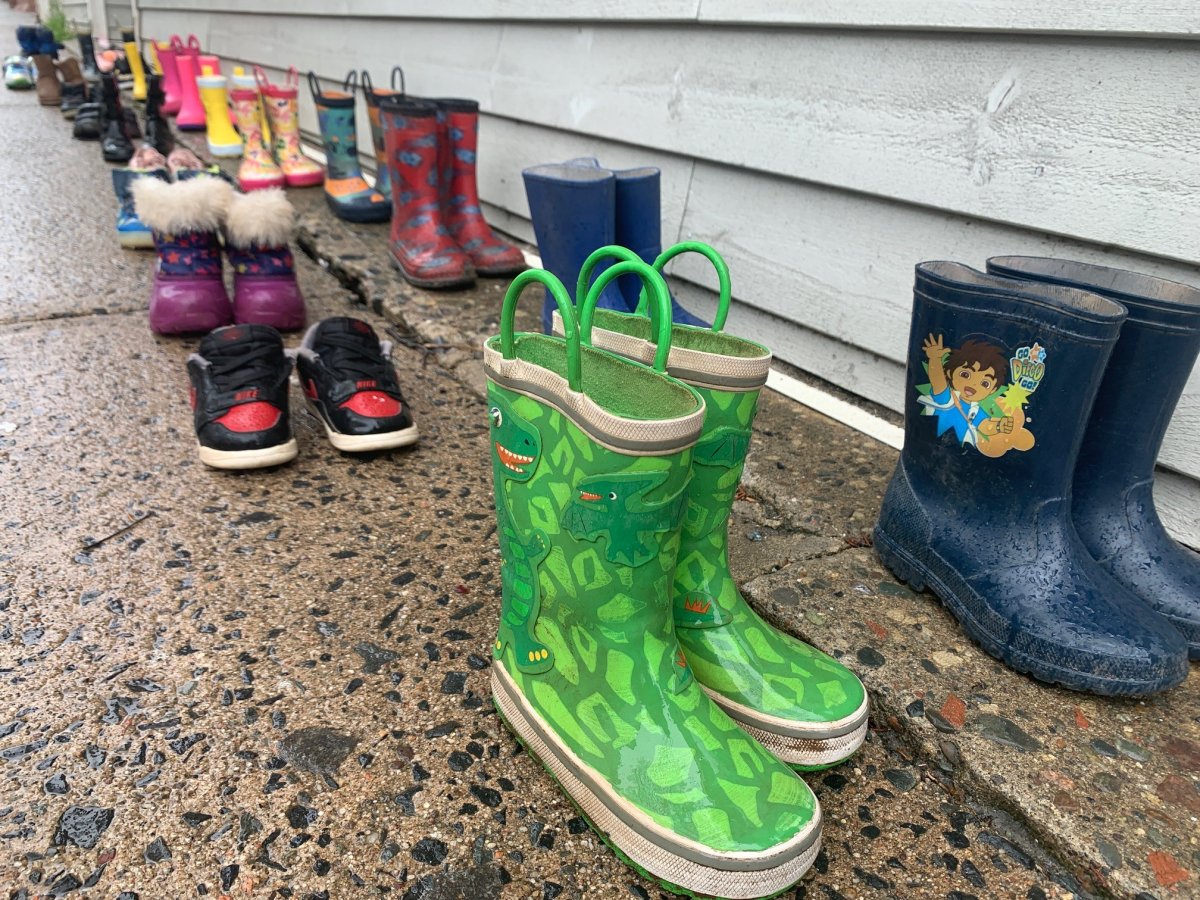Warning: Some of the details in this story may be disturbing to some readers. Discretion is advised.

The Sipekne’katik First Nation is working with Saint Mary’s University’s anthropology department to search the site of the former Shubenacadie Residential School for evidence after the bodies of 215 children were found at a former residential school site in Kamloops, B.C.
“This has been top of mind for Sipekne’katik for many years and the tragic discovery in Kamloops brings a renewed sense of urgency to our work,” said Chief Mike Sack in a release.
At least 4,100 children have died while attending residential schools in Canada. Experts have said the horrific discovery in Kamloops is the “tip of the iceberg” and there could be more burial sites at other former residential schools. The last residential school in Canada closed in 1996.
The release said Sipekne’katik council and management have been working for years with Jonathan Fowler, an associate professor with Saint Mary’s University’s anthropology department and one of the country’s leading researchers in archaeological geophysics and remote sensing.
The council said he will focus his investigation on the grounds of the former residential school this weekend to search for any burial evidence on the site, using several techniques, including ground-penetrating radar.
The release said his research has previously and successfully mapped burials associated with the 1873 sinking of the SS Atlantic and found nearly 300 unmarked graves in the pre-deportation Acadian cemetery at the Grand-Pré National Historic Site.
“This urgent and essential work must be undertaken thoroughly and to the highest standard,” Fowler said in the release. “We will examine the site carefully and with the most powerful technologies available.”
He is working directly with community members, along with co-investigator Roger Lewis, the Mi’kmaq cultural heritage curator for the Nova Scotia Museum.

Get daily National news
During the search, people are asked to refrain from visiting the former residential school site, and the Sipekne’katik First Nation said it will put out more information as it becomes available.
“Our hearts remain with the people of the Tk’emlúps te Secweìpemc First Nation as we all continue to grapple with the impacts of the residential school system on Indigenous people across Canada,” said Chief Sack in the release.
“There needs to be reconciliation and accountability for these horrific acts which we unfortunately know all too well first hand.
“The prospect of a similar discovery in our community is difficult to consider, but we must fully assess the site.”
Community members with information that could help with the search can email 4directions@sipeknekatik.ca.
The Kwilmu’kw Maw-klusuaqn Negotiation Office, which is part of the Indian Residential School sub-committee, has been working for several years on investigations, like the one in Kamloops, at the former Shubenacadie Residential School.
To date, no graves or human remains have been found, but it said it will continue looking.
Anyone experiencing pain or distress as a result of their residential school experience can access this 24-hour, toll-free and confidential National Indian Residential School Crisis Line at 1-866-925-4419.







Comments